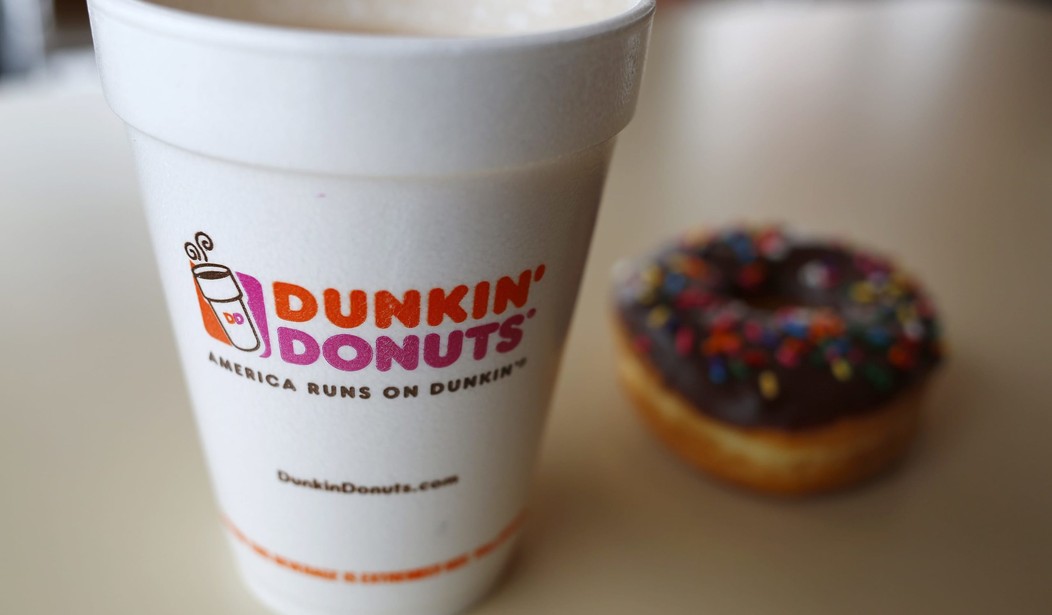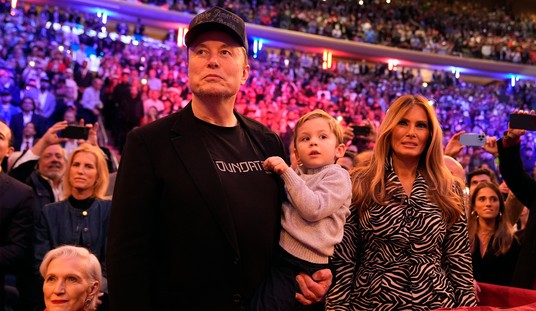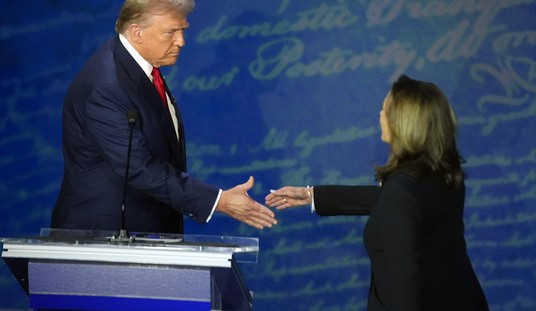On Monday, the Baltimore City Council gave preliminary approval to a bill to forbid city businesses from using polystyrene foam (often referred to as “styrofoam”) containers for carryout food and drink. It also backed a bill to prevent restaurants from considering sodas and sugary drinks as default options in children’s meals.
The polystyrene ban would include most mobile coffee cups often given to customers at fast food and other restaurants. The mayor has pledged to sign the bill into law.
The bill would impose criminal penalties on those using polystyrene containers — $1,000 per offense, which would be considered a misdemeanor. The ban states that “no food service facility may use any disposable food” container made from polystyrene foam.
The council voted unanimously to give the bill preliminary approval Monday night, The Baltimore Sun reported. Mayor Catherine E. Pugh has pledged to sign the bill, but it must first pass at a full council meeting, scheduled for next month. This vote is considered a formality.
“We look at all the litter in our waterways. It’s not biodegradable. It’s not actually being recycled,” Councilman John Bullock, who introduced the bill, told the Sun. “For the most part, it’s ending up in landfills or being incinerated. In water, it breaks apart into small pieces, which makes it very difficult to clear up the water and dangerous for wildlife.”
The councilman explained, “We want to change behavior.”
Mayor Pugh said she plans to support the proposal because the council agreed to give city businesses 18 months to comply with the foam ban after she signs it. “The good thing is it gives folks time to transform into a more environmentally friendly material,” she said. “I think 18 months ought to be enough time.”
Business representatives attacked the idea as a nanny state intrusion. “It is puzzling and disappointing that the Baltimore City Council is becoming more involved with policies affecting the minutiae of restaurant operation,” said Melvin R. Thompson, vice president at the Restaurant Association of Maryland. “This type of unwarranted focus on the restaurant industry exacerbates the operational challenges already facing city restaurants.”
Even so, other local governments in the surrounding area have already banned polystyrene containers, including Washington, D.C., Takoma Park, and Prince George’s and Montgomery counties.
In Baltimore, the council has been unable to pass the ban since it was first proposed in 2013. Bullock introduced the new bill, thinking that younger and more pro-nanny state council members voted into office in December 2016 would support it. Introducing the bill last year, the councilman held up a cluster of white foam products that had been mushed together in water.
Council President Bernard C. “Jack” Young announced his support for the polystyrene ban he had previously opposed. He called it “anti-business” in the past, but he said he shifted his position after meeting with schoolchildren.
The D.C. polystyrene ban has cost businesses a great deal. Juan Loyola, the owner of a Peruvian joint called Pollo Granjero, compared the price of a foam cup to that of a paper replacement. “You’re aware the price is twice as much?” Loyola told the Washington City Paper. He said the foam cups cost $28 per thousand, while a thousand paper cups cost $60. That may not seem like a lot, but businesses run on the margin, and every increasing cost weakens their competitiveness.
Baltimore’s city council also considered another nanny state issue. The body gave preliminary approval to a bill that would bar restaurants from including sodas and sugary drinks as default options in children’s meals. This measure would not prevent children from getting such drinks, but it would require families to specifically request them.
This second measure seems particularly petty, as it would force a change on menus across the city, but may not actually alter families’ orders or help children cut back on sugar consumption. Perhaps fast food and other restaurants should voluntarily choose to include water as the default option for children’s meals, but it seems rather petty for the city government to dictate a menu change.
On the polystyrene issue, many businesses have shifted to biodegradable cups, bowls, and plasticwear on their own. This trend shows that customers and businesses in a free market can think for themselves and are free to promote the values some local nanny state governments wish to force by fiat.








Join the conversation as a VIP Member